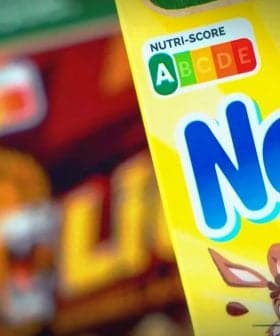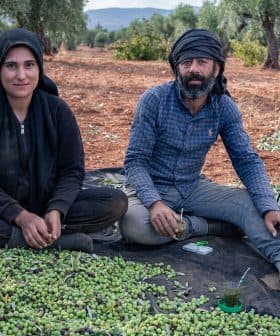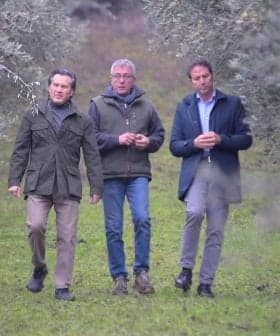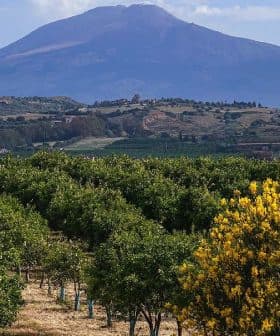Italy’s Largest PDO Cheese Consortia Unite to Oppose Nutri-Score
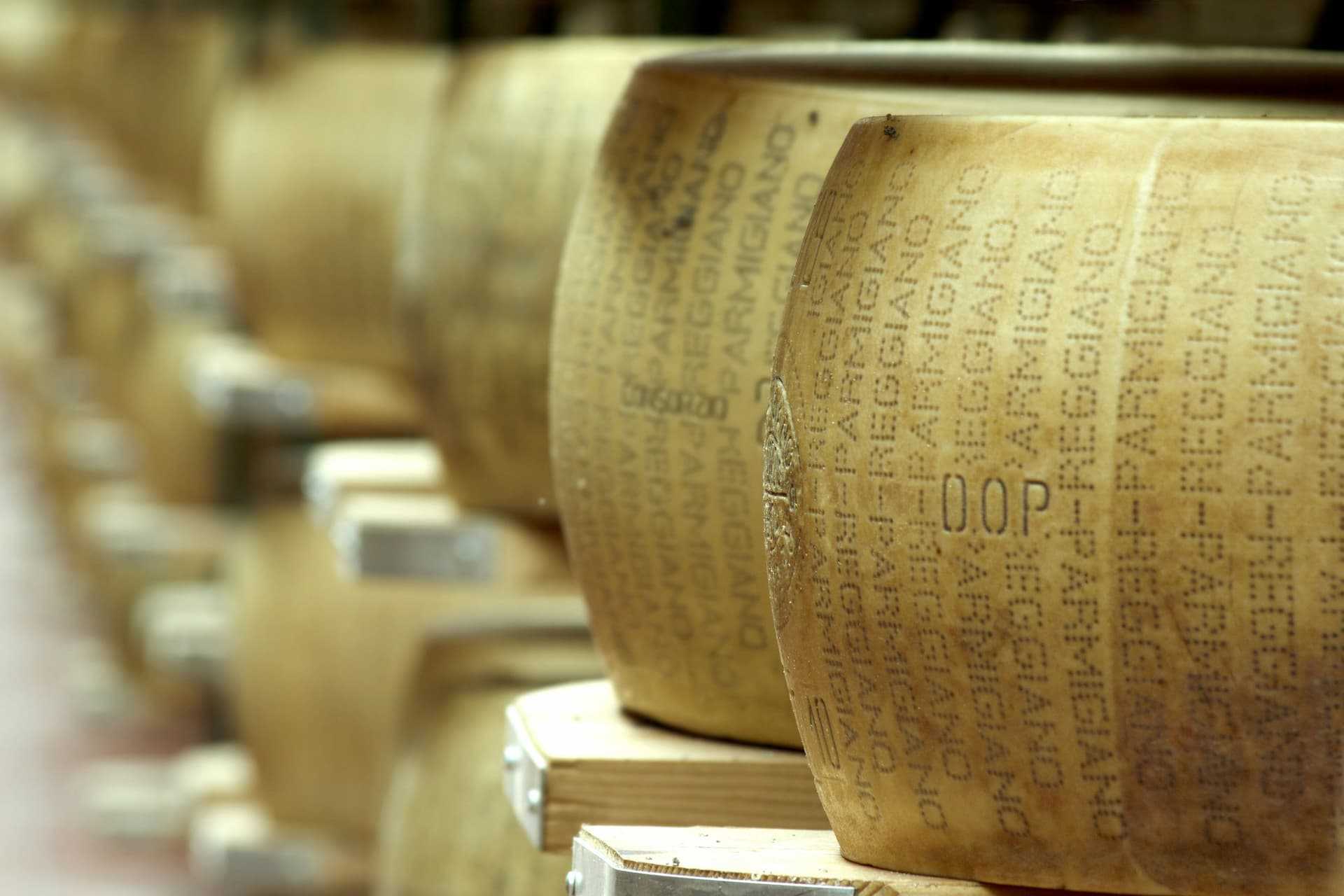
The Parmigiano Reggiano and Grana Padano consortia held a joint board meeting where they decided to work together to oppose the adoption of Nutri-Score as the official food labeling system in Italy and Europe, threatening to cancel authorizations for operators who add the system to their cheese labels. The consortia argued that Nutri-Score is misleading and does not consider the nutritional benefits of products like cheese, leading them to join the Italian government in opposing its consolidation throughout Europe.
The organizations behind two rival traditional Italian cheese specialties, Parmigiano Reggiano and Grana Padano, held a joint board meeting for the first time in their history.
At the meeting, the two consortia behind the massive Protected Designation of Origin-protected cheeses said they would work together to oppose the adoption of Nutri-Score as the official front-of-pack food labeling (FOPL) system of Italy and Europe.
Cheeses get penalized because they have fats, but no consideration is given to the many strategic nutritional contents they offer.
They also decided that the operators in their respective food chains will see their authorizations canceled should they add Nutri-Score or similar systems to the labels on the two kinds of cheese.
“The nutritional qualities of Grana Padano and Parmigiano Reggiano make them two of the PDO food products most loved by consumers,” Renato Zaghini, president of the PDO Grana Padano Consortium.
See Also:Exporters’ Association of Crete Rejects Nutri-Score“Nutri-Score denies the more established and updated recommendations shared by nutritionists throughout the whole world, where the right balance between quality and quantity is the key to healthy nutrition at any age,” he added.
The Nutri-Score algorithm assigns a colorful letter score to food, from the “Green A,” which is the healthiest, down to the “Red E.” It takes into consideration food nutritional contents such as fats, salts and sugars per 100 grams, and it is meant to let consumers quickly compare between food items of the same category.
According to the two consortia, whose trade volumes are by far the most significant among Italian PDOs, systems, such as Nutri-Score, are misleading for the consumers.
“These systems do not take into account the balance among the different food in a diet, neither consider the whole organoleptic characteristics of the products itself,” the boards of both consortia said in a press release.
“Cheeses get penalized because they have fats, but no consideration is given to the many strategic nutritional contents they offer: calcium, functional fatty acids, fat-soluble vitamins, essential amino acids,” they added. “That is, valuable elements for a healthy and balanced diet.”
Nutri-Score classifies the two Italian kinds of cheese with an “Orange D” but according to the Consortia a meal with 80 grams of pasta, 20 grams of extra virgin olive oil and 20 grams of PDO cheese would end up being classified as “Light Green B” or an even “Green A.”
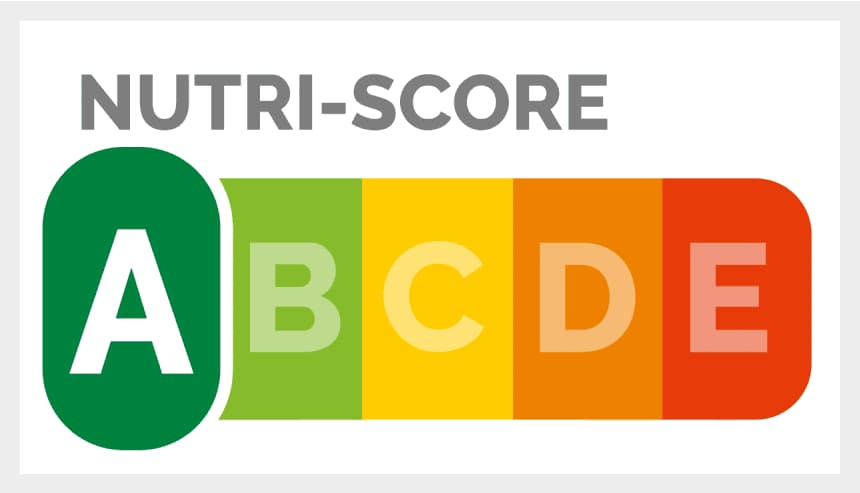
“This is why the labeling systems based on traffic-light style labels must be considered devaluating the PDOs because they discourage the consumption in absence of any nutritional reason,” the Consortias’ boards wrote.
The two boards agreed on supporting the Italian government initiatives against the consolidation of Nutri-Score throughout Europe, asked all the PDO organizations to join them “to safeguard consumers’ health and the investments of companies who focus on quality and sustainability.”
As a result, the Parmigiano Reggiano and Grana Padano PDO Consortia said they “will not authorize PDO official tags from the operators in the food chain that should choose to adopt those labels on the packaging of the two PDOs products.”
The Italian federation of the food industry Federalimentare has also come out in opposition to Nutri-Score, accusing it of being adverse to food sustainability.
In a HuffingtonPost article, Federalimentare president Ivano Vacondio wrote that sustainability is the key global challenge for agribusiness.
“In the name of sustainability, the Nutri-Score game has begun and in name of sustainability today many accuse the Mediterranean diet and favor massive and uniform food systems that are far away from the nutritional values of our ‘Made in Italy’ food,” Vacondio wrote.
While sustainability is at the core of the agribusiness, he added, “there are countries that want to attack Italian quality and set up misshapen attempts to erode market share from the Italian food industry, which in 2019 reached €35.9 billion, and that in 2021 aims at repeating or even overtaking those volumes.”
Nutri-Score, which has been adopted in a growing number of European countries has also been heavily criticized in Spain, where its ongoing adoption continues to be opposed.
In Andalusia, the largest olive oil-producing region in the world, the local parliament has just voted on a resolution asking the national government “to stop the spreading of the Nutri-Score labeling system in Spain in order to protect agrifood production and the Mediterranean diet.”


